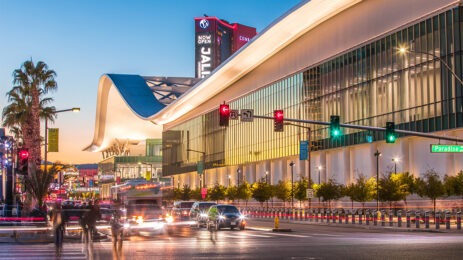New study reveals why attendees choose to book inside the room block—or not
It’s no secret that the subject of room blocks is often a sore one for meeting planners and attendees alike. Planners, hotels and CVBs often vie against the likes of Airbnb, the internet and each other to fill room blocks, and it’s an ever-increasing frustration. But why?
That’s what researchers at PCMA aimed to understand through a new study, Room Block of the Future. The study, intended to be an ongoing effort, looked closely at attendees’ booking decision-making behavior to understand why they made the decisions they did. The results reflect changes in the industry that will inform how planners organize room bookings in the future.
More: Is This the End of Hotel Room Blocks?
Cost
The study shows that cost is a major contributing factor to attendees’ choice to book outside the room block, due to a widespread misperception that blocked hotel rooms are more expensive. In reality, however, rooms within blocks are less expensive in 66 percent of cases.
What to do now: Inform and incentivize. Some 31.5 percent of respondents were not aware of special room rates for attendees who book within the room block, so researchers advise planners to educate attendees about special rates. Respondents also indicated they could be swayed with incentives, so provide special hotel or conference-related offers and registration fee discounts, for example.
Loyalty
Many attendees—especially those who book at the same hotel but outside the room block—aren’t after money as much as loyalty points for their preferred hotels, according to the report.
What to do now: Allow attendees to provide their loyalty number when booking the event, and work with the hotel to ensure it is on the attendee’s guest check-in record when they arrive.
Related: Freddie Awards 2019: And the Loyalty Winners are…
Room Choice
When respondents were asked to name their greatest frustration affecting their booking behaviors, most complained of lack of room type and location within the hotel.
What to do now: Accommodate. Two-thirds of attendees consult with colleagues when booking a hotel, the researchers found. Because of this, they advise planners to find ways to help ensure attendees are near their colleagues. As for room type, provide options when setting up your room block, if possible, and ask attendees if they have dietary limitations or other special needs.
Age
Of all respondents, attendees under age 40 are less likely to book in a group hotel block (41 percent) and are more likely than those over 40 to book nontraditional accommodations, such as Airbnb (6 percent compared to 2 percent). Younger attendees are also more likely to want a custom experience. Still, price is a factor—but so is convenience.
What to do now: Tout the convenience of booking a room while registering, and as mentioned earlier, be clear about the savings provided by booking in the block and offer unique incentives to make it worth their while.




